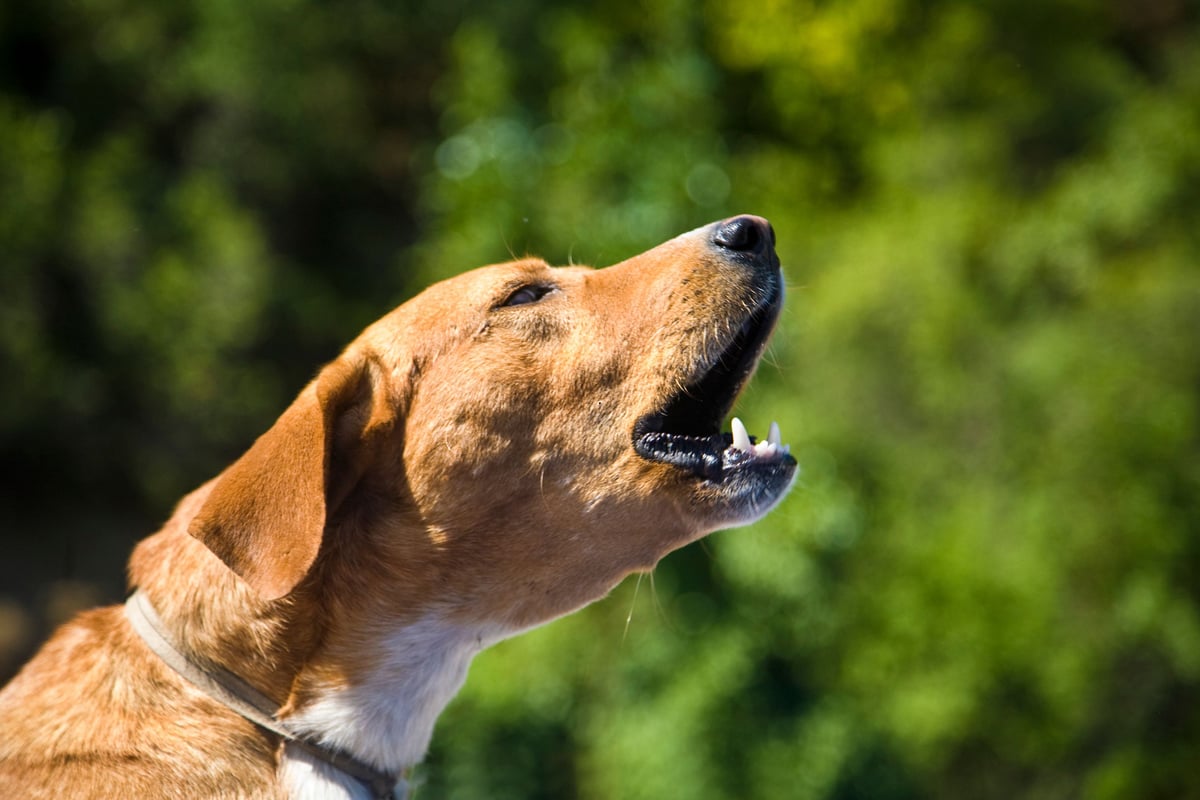Copyright scotsman

With winter on the way it’s time for the annual colds and flus to go around - but it’s not only humans who can be hit by nasty respiratory bugs. Our dogs are also susceptible, with Kennel Cough often a problem in the cold, dark months. Dr Aimee Warner, resident veterinarian at Waggel, explained: “We typically see a spike in kennel cough during autumn and winter when dogs spend more time in close contact: at boarding facilities, training classes, or indoors. The rise in searches mirrors what we’re seeing in practice: more dogs presenting with that distinctive honking cough that alarms owners.” Here’s everything you need to know about the illness. Formally known as infectious tracheobronchitis, kennel cough is a highly contagious respiratory infection caused by a combination of viruses and bacteria, most commonly Bordetella bronchiseptica. It spreads easily through cough droplets, direct contact, or contaminated surfaces like shared bowls or toys. Most dogs recover naturally within two to three weeks, but recognising symptoms early helps prevent complications. Read more: Sickly Dogs 2025: These are the 13 breeds of adorable dog predisposed to most health issues - including the loving Labrador Retriever Most Popular Dog Breeds Latest: These are the 11 top dogs in the UK - as the Labrador leads the way again Many owners worry their dog is choking when they first hear the cough. The main symptom is a persistent, forceful cough that may be followed by retching or gagging. Other symptoms can include: Most dogs remain bright and active despite the cough, so mild cases can often be managed at home with rest and monitoring. Seek veterinary assessment if your dog shows: Puppies, elderly dogs, and flat-faced breeds are more prone to complications such as pneumonia. For mild cases, rest, hydration, and switching from a collar to a harness can help. Never give human cough medicine, as some ingredients are toxic to pets. Vaccination remains the best protection, providing around 12 months of immunity against the most common causes. It’s particularly recommended for dogs that regularly socialise with others. Make sure you don't miss a moment of breaking news from across Scotland by signing up to our free newsletter here.



